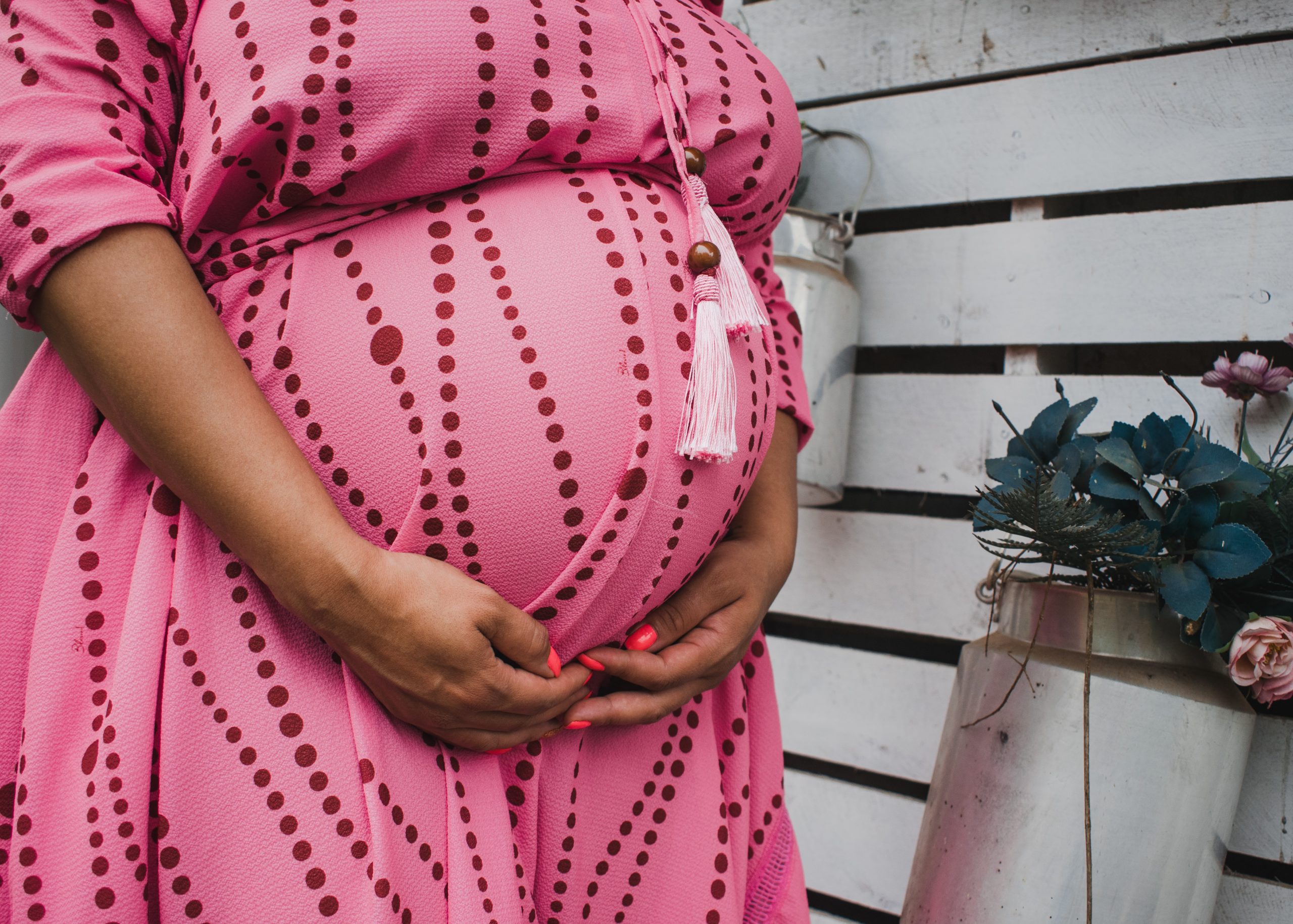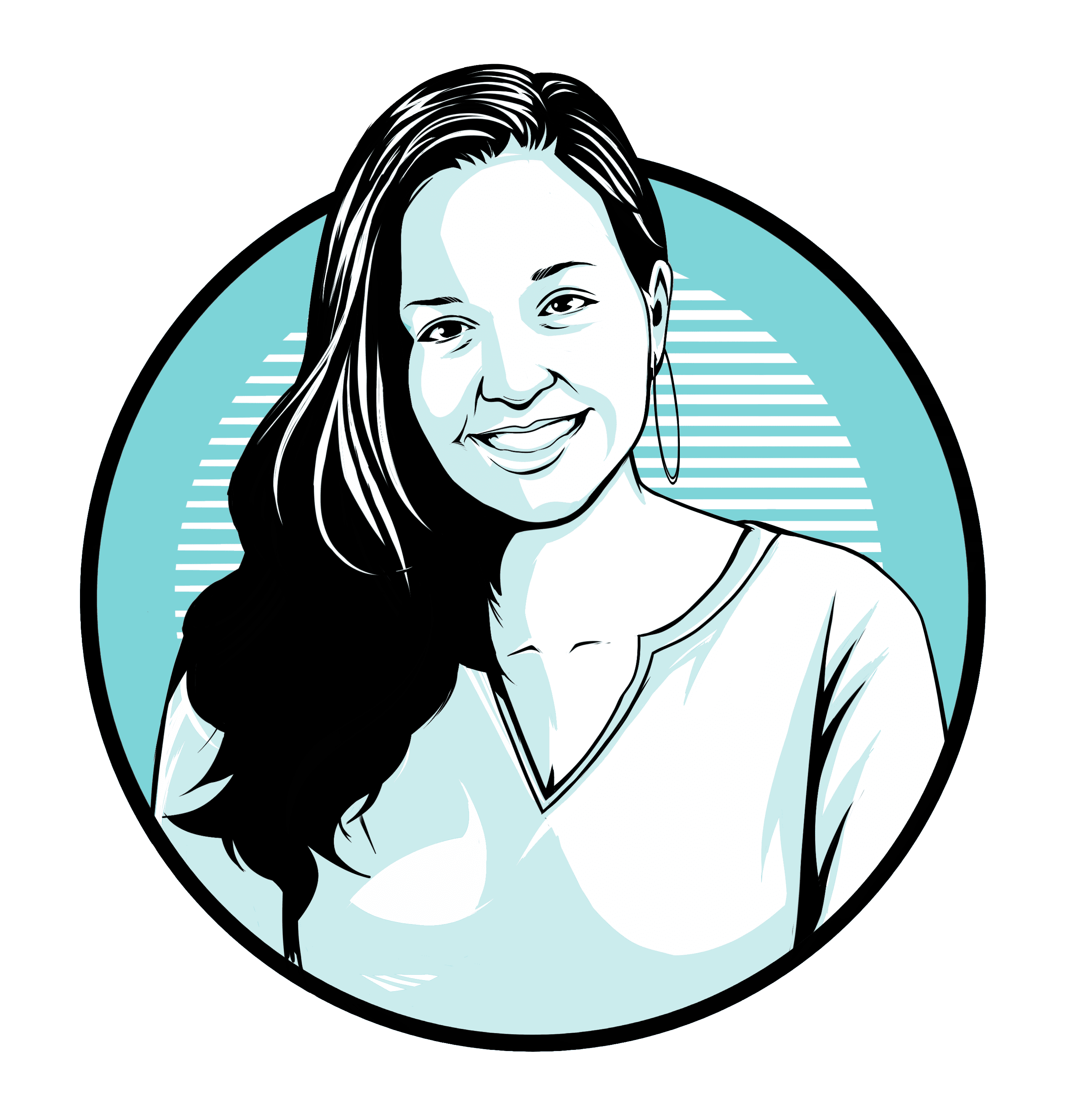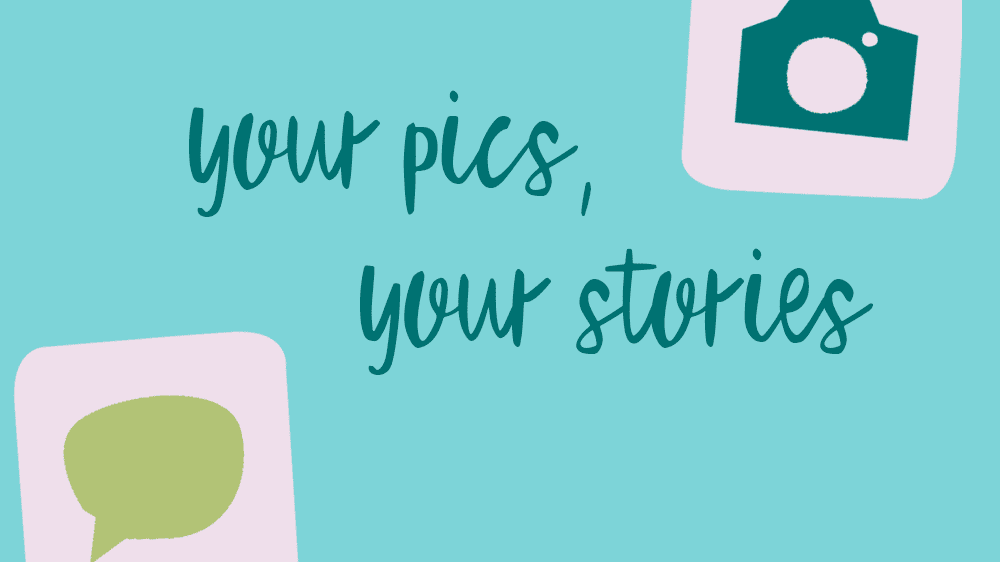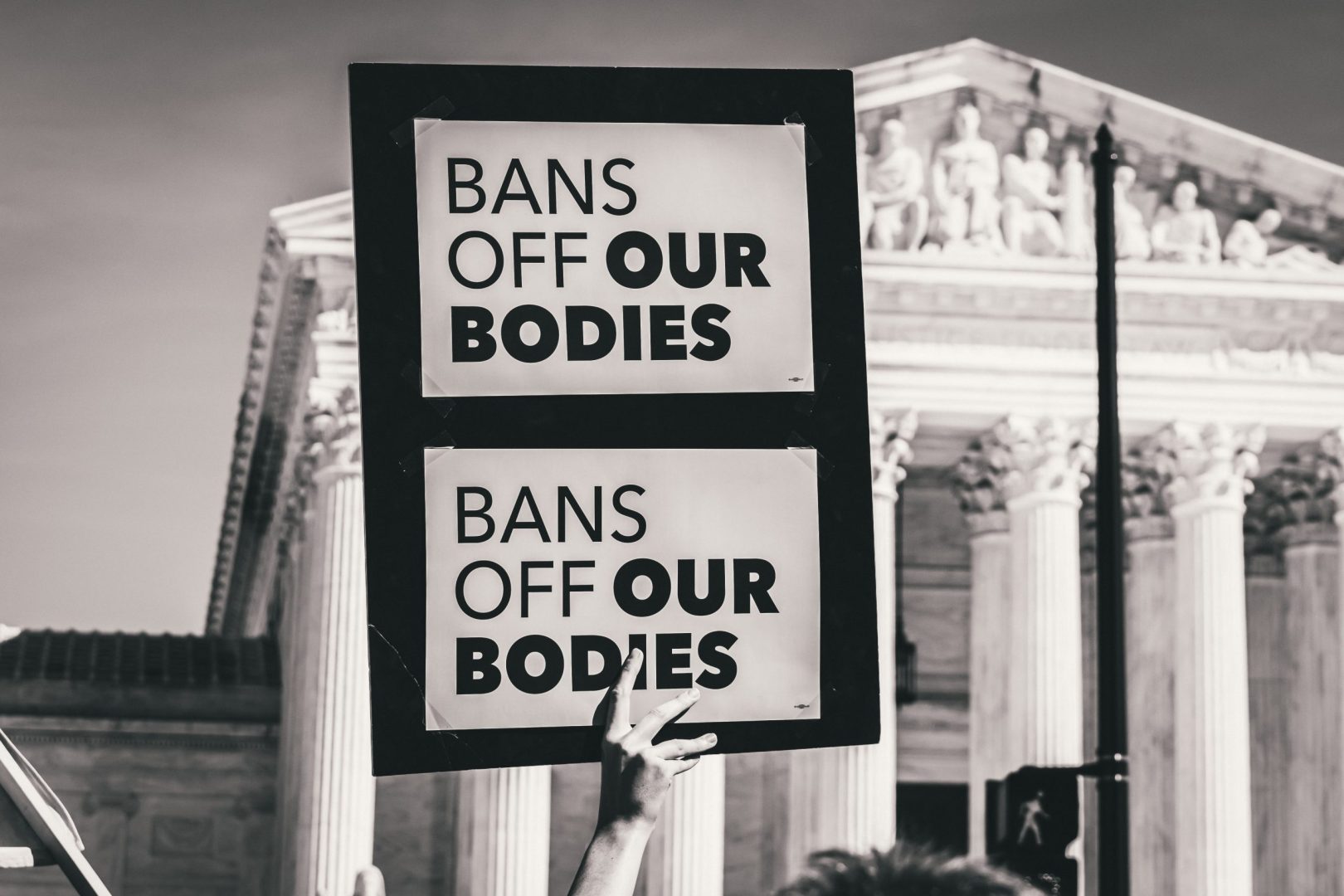We often get questions from young people who are pregnant or parenting, looking for housing and other support services. We do not provide housing or direct services, but we have put together a list of resources that may help young people find some answers.
Are you a young person who is pregnant or parenting and looking for supportive housing and/or other support services?
Safety Alert: When accessing any website, remember that computer activity can be monitored. It might be safer to call, text, or use a computer at a library, community center, or trusted friend’s house.
Safety Alert: When accessing any website, remember that computer activity can be monitored. It might be safer to call, text, or use a computer at a library, community center, or trusted friend’s house.
The Transitional Living Program (TLP)
The Transitional Living Program (TLP) provides homeless youth with stable, safe living accommodations for up to 21 months. The TLP provides services to help young people develop skills necessary to move to independence and life as healthy, productive adults. These services are provided through more than 191 community-based residential centers. The program also helps homeless youths improve basic life and interpersonal skills, provides educational opportunities, assists with job preparation and attainment, and ensures the physical and mental health care needs are met. Additionally, these programs offer parenting skills to young people who are pregnant or parenting to become a more effective parent. In order to qualify for this benefit program, you must be between the ages of 16 and 22 and you must either be homeless or live in a shelter.
- Call: 1-800-621-4000
- Click: acf.hhs.gov/fysb/programs/runaway-homeless-youth/programs/transitional-living
- Check if you may be eligible for the Transitional Living Program.
Chafee Foster Care Independent Living Program
The Chafee Foster Care Independent Living Program assists states and localities in establishing and carrying out programs designed to assist foster youth likely to remain in foster care until 18 years of age and youth who have left foster care because they attained 18 years of age, to make the transition from foster care to independent living. In order to qualify for this benefit program, you must be under the age of 19 years and a current foster care recipient who is likely to remain in foster care, or you must be under the age of 22 years and a former foster care recipient.
- Call: 1-918-660-3700
- Click: nrcys.ou.edu
- Check if you may be eligible for the Chafee Foster Care Independent Living Program.
National Runaway Safeline
The National Runaway Safeline helps young people locate the runaway and homeless youth basic center nearest them.
- Call: 1-800-RUNAWAY (1-800-786-2829)
- Click: 1800runaway.org
- Text: 66008
Public Housing Program
The U.S. Department of Housing and Urban Development (HUD) provides housing assistance through the public housing program, which is limited to low-income families and individuals. A housing agency (HA) determines your eligibility based on: 1) annual gross income; 2) whether you qualify as elderly, a person with a disability, or as a family; and 3) U.S. citizenship or eligible immigration status. If you are eligible, the HA will check your references to make sure you and your family will be good tenants. HAs will deny admission to any applicant whose habits and practices may be expected to have a detrimental effect on other tenants or on the project’s environment.
HAs use income limits developed by HUD. HUD sets the lower income limits at 80% and very low income limits at 50% of the median income for the county or metropolitan area in which you choose to live. Income limits vary from area to area so you may be eligible at one HA but not at another. The HA serving your community can provide you with the income levels for your area and family size, or you can also find the income limits here on the internet.
- Find your local housing agency to apply for public housing.
- If you have trouble finding your local housing agency, contact your local field office.
loveisrespect
loveisrespect helps young people learn about healthy relationships and dating violence. They can connect you with resources in your area and help you create a plan to stay safe. Their services are confidential.
- Call: 1-888-331-9474
- Click: loveisrespect.org
- Text: “loveis” to 22522
National Domestic Violence Hotline
The National Domestic Violence Hotline provides lifesaving tools and immediate support to enable victims to find safety and live lives free of abuse.
- Call: 1-800-799-SAFE (7233)
- Click: thehotline.org
National Human Trafficking Hotline
The National Human Trafficking Hotline helps victims and survivors of human trafficking throughout the United States. They can talk to you about your rights and options and refer you to services in your area. You don’t have to give your name.
- Call: 1-888-373-7888
- Click: humantraffickinghotline.org
- Text: “Help” to 233733 (BeFree)
National Clearinghouse on Homeless Youth and Families (NCHYF)
For more information about youth programs and services, contact the National Clearinghouse on Homeless Youth and Families (NCHYF), a national resource for organizations that support runaway and homeless youth and their families with programs and services.
Temporary Assistance for Needy Families (TANF)
Under the federal Temporary Assistance for Needy Families (TANF) program, in order to qualify for welfare assistance, young parents usually must be living with a parent or guardian. However, for young parents who have applied for TANF aid who have no parents, legal guardian, or other appropriate adult relative that allow the young parents to live with them, or in a case where a state agency has determined that it is not in the youth’s best interest to live with his or her parent or legal guardian, the state must provide or assist the child in locating a Second Chance Home, maternity home, or other appropriate adult-supervised living arrangement.
- Check if you may be eligible for TANF.
- Looking for help for yourself or your families? Find more information about TANF in your state or territory online.
- Click: acf.hhs.gov/programs/ofa/programs/tanf
Child Care Assistance
The Child Care Development Fund (CCDF) helps agencies provide child care assistance for low- income families who are working or attending training/education. State contacts for this funding stream are provided through the Administration for Children and Families, Child Care Bureau. In some States, families can apply by telephone or mail. In many communities there also are child care resource and referral agencies that can provide information about how to apply for child care assistance. A list of child care resource and referral agencies is available from Child Care Aware.
- Call: 1-800-424-2246 to locate an agency near you
- Click: childcareaware.org
- See a list of state and territory contacts to find out more about child care assistance in your state.
Contact the Head Start or Early Head Start agency serving your community. Your local Head Start agency will provide the required forms and answer questions about the program. The local agency will also help you find the Head Start Center closest to your home.
- To find a local Head Start or Early Head Start program to contact in your area, use the on-line national Head Start Program Search Tool.
Social Services
The Social Services Block Grant (SSBG) provides facilities with support for planning and operating costs; parenting and life skills classes; child care; job training and placement; counseling; case management; follow-up services. In order to qualify for this benefit program, you must characterize your financial situation as low income. Each State determines what services to support and which populations to serve, and can refocus their SSBG expenditures over time as their populations’ needs change.
- Call: 1-202-401-5281
- Click: acf.hhs.gov/programs/ocs/programs/ssbg
- State contacts for this funding stream are provided through the Social Services Block Grant webpage.
- Check if you may be eligible for the Social Services Block Grant benefit.
Make a Plan for Your Healthy Future with Volt20
Where you live is an important component of your healthy future. People need a place to sleep, to store food, to keep their belongings, to study outside of school, to relax after work, and to keep out of harm’s way. Volt20 is an online resource to help you make a plan for your healthy future, and housing is just one part of that plan. Check out Volt20 for resources on housing, and many other related topics.
- Click: Volt20.com








